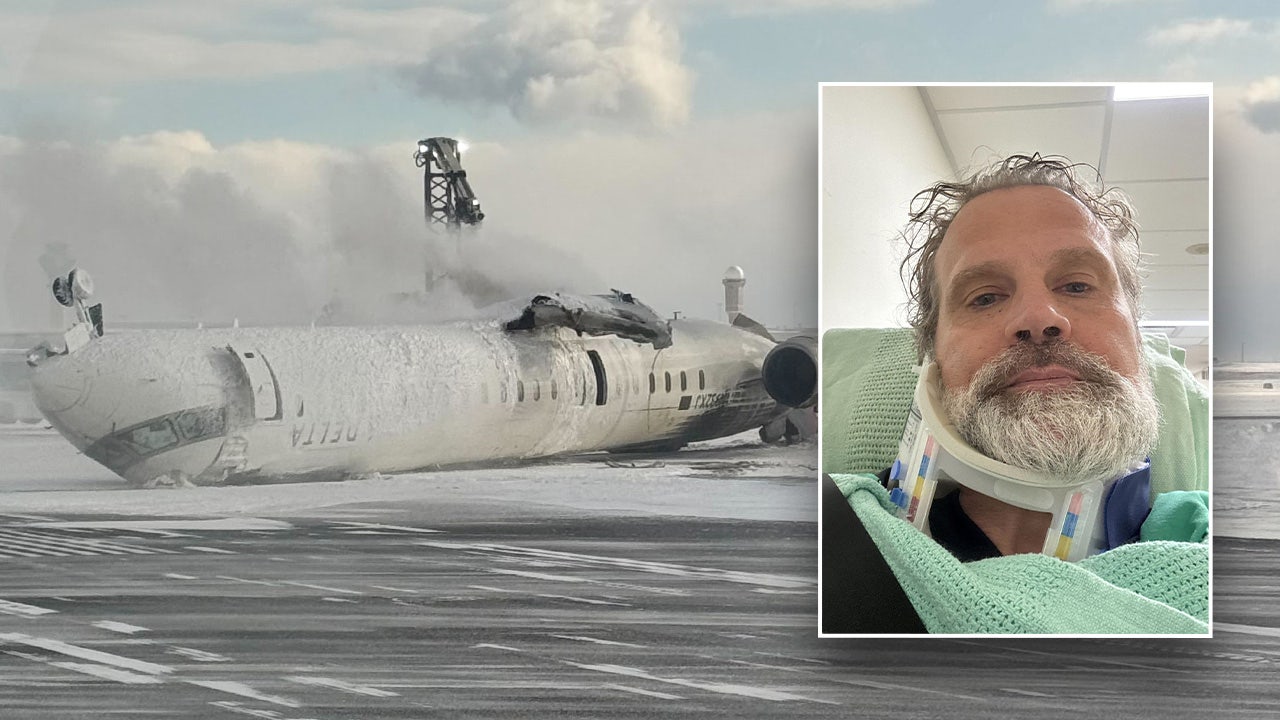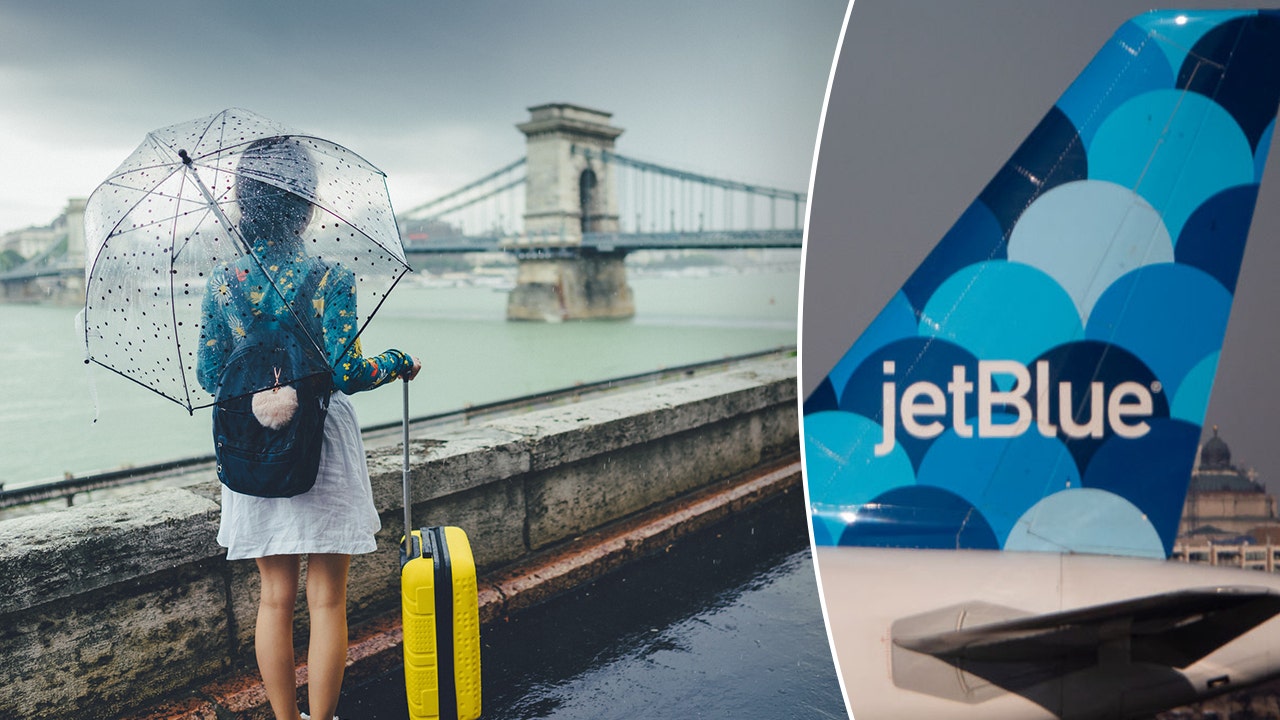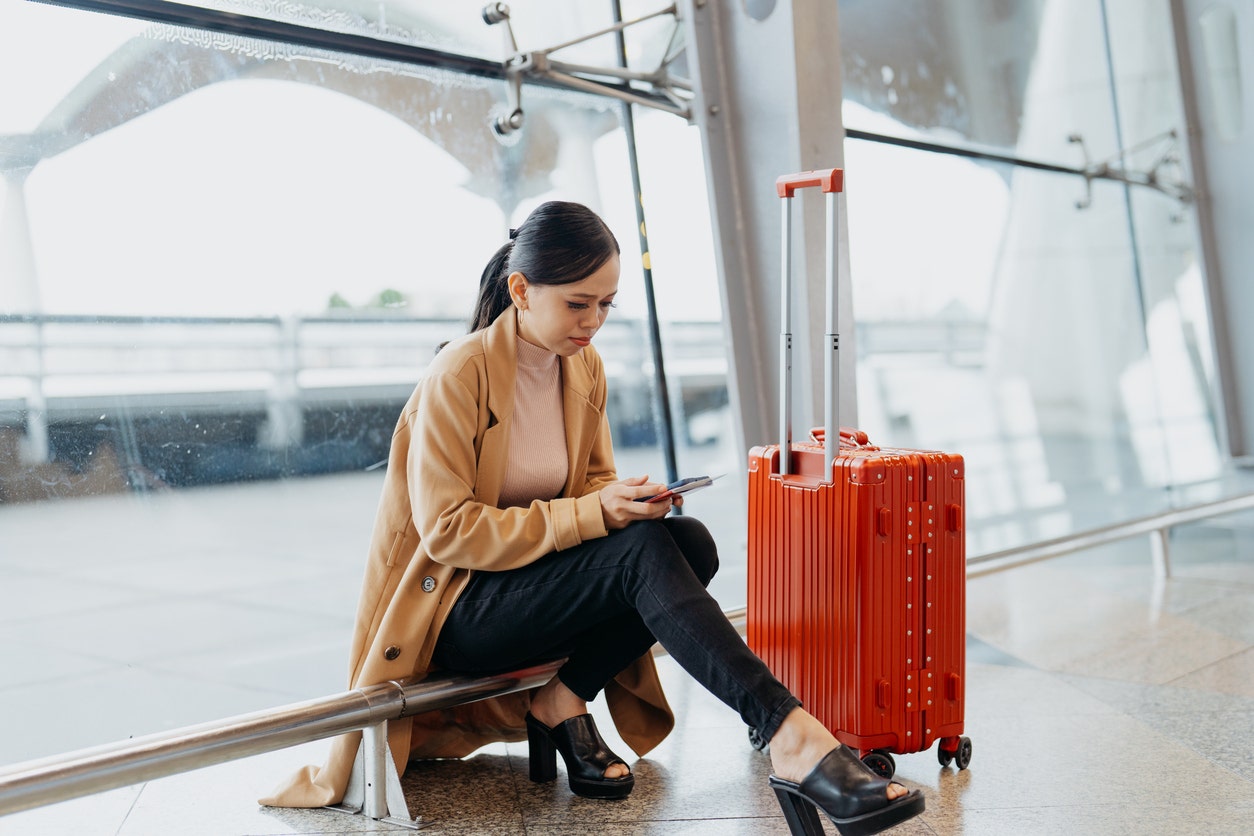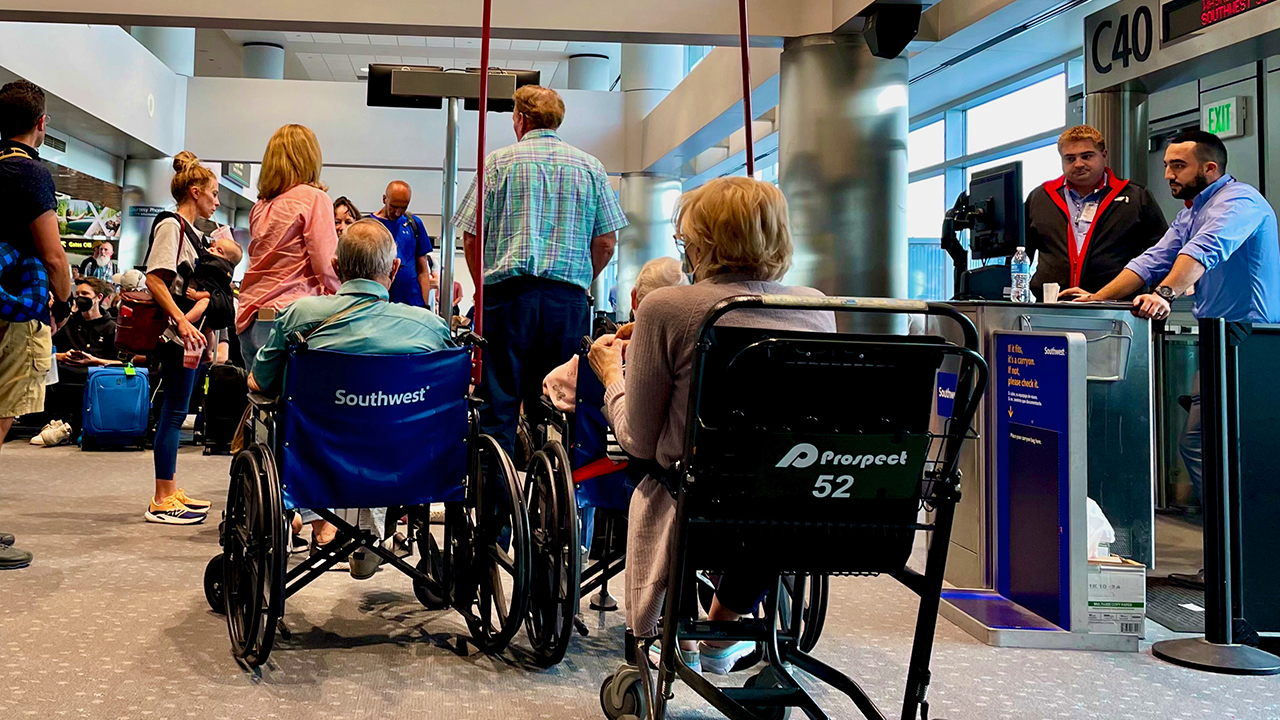Florida Flyer Ignites Discussion on Wheelchair Usage During Pre-Boarding
A flight passenger took to social media to share a photo of fellow flyers using wheelchairs during the pre-boarding process, sparking a debate among travelers.
The X user captioned the post, “Typical @SouthwestAir flight to Florida!”
“I counted 30 pre-boards needing wheelchair assistance. When we get off the plane 28 of them walk off,” the post continued.
Challenging Perceptions: The Complexity of Mobility Needs
X users quickly flooded the comments, sharing their viewpoints on the circumstances surrounding passengers who use wheelchairs to board but seem capable of walking once they deplane.
One user pointed out, “Just bc [because] they walk on/off plane doesn’t mean they don’t need assistance or can walk the distance through the terminal to the gate.” This sentiment indicates a deeper layer of understanding about mobility that goes beyond surface observations. The reality of air travel can often be much more nuanced than it appears.
Another comment invited empathy: “Most of them are elders. Ambulatory wheelchairs ease their way to gates or exits. Back pain, knee pain, recent surgeries, chronic pain, disabilities, any of those things can require them [to get] some help even if they can walk.” This reflection opens up a larger conversation about the often invisible struggles individuals face in modern travel.
Understanding the Ambulatory Experience
Walking off a plane can feel like a simple task, yet many travelers shared experiences that highlighted the distinction between short bursts of mobility and the endurance needed for navigating long airport corridors. “Sitting for an extended period of time means that you can probably walk for a little bit longer than getting there,” one commentator noted, revealing the intricate balance between capability and comfort.
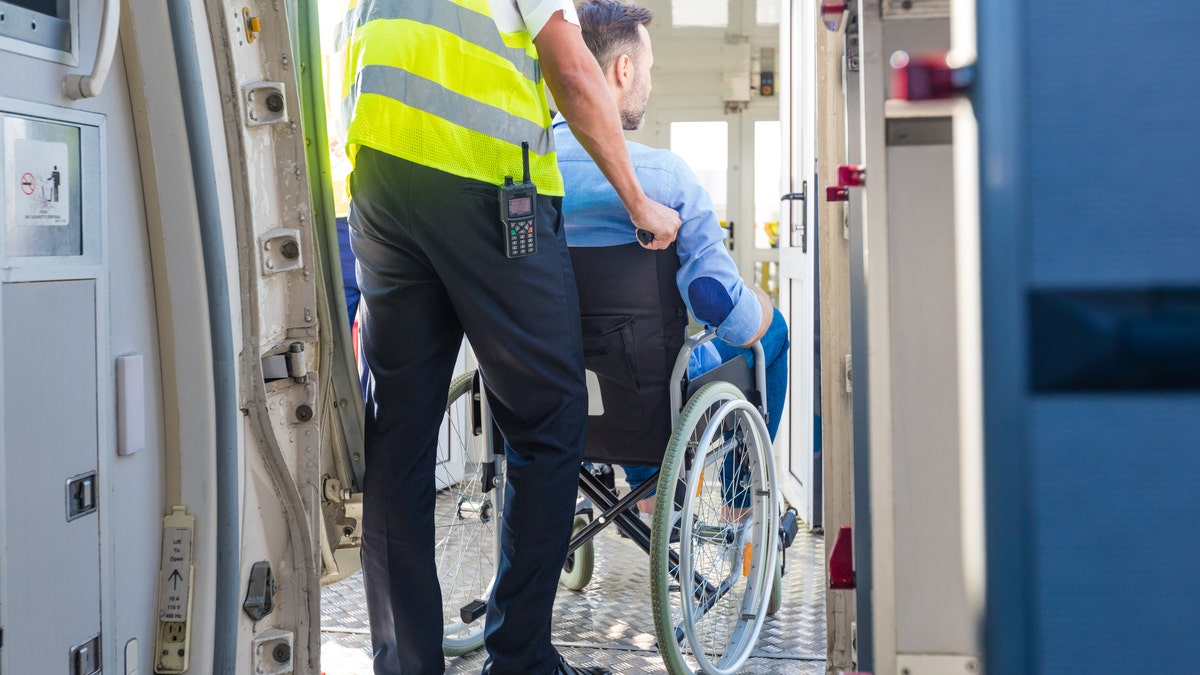
When another person chimed in, “Buddy, some wheelchair users are able to walk short distances,” it drew attention to a category of passengers known as ambulatory wheelchair users—people who require a wheelchair for particular situations but can manage short walks with limitations. Their experiences illustrate not just the challenges of air travel but the intricacies of daily mobility needs.
Corporate Acknowledgment and Societal Reflection
In response to the social media uproar, Southwest Airlines expressed concern: “We’re sorry for any disappointment… We appreciate your feedback and hope to create more pleasant memories with you next time.” This type of recognition from a large airline reflects the corporate world’s growing need to navigate and address public sentiment thoughtfully.
A similar incident was reported in Fort Lauderdale in 2023 when another user recalled 20 passengers requesting wheelchair assistance, with a majority appearing to not need it upon deplaning. “Pre-boarding scam at @SouthwestAir 20 passengers boarding using a wheelchair and probably only three need one to deplane,” they wrote, spotlighting a phenomenon that has mixed responses among the traveling public.
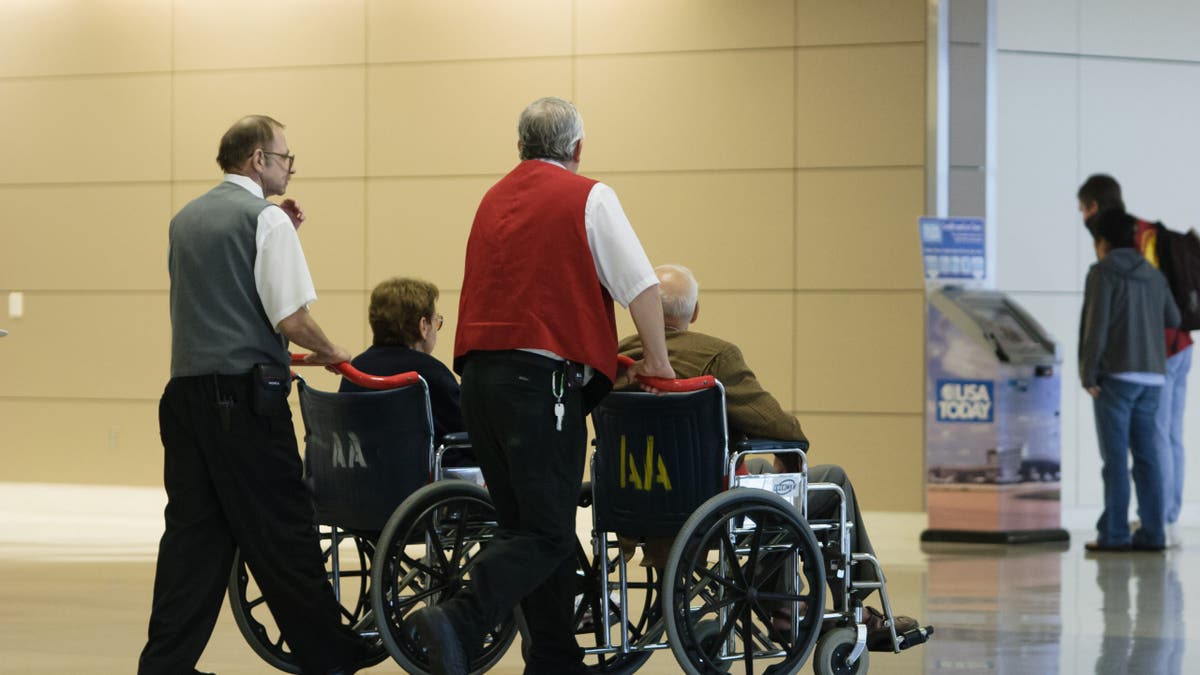
The discourse surrounding these scenarios highlights both frustration and misunderstanding. As the user discovered, even when flights are canceled, the challenges don’t disappear; they often multiply, with experiences echoing across multiple flights and passengers requesting assistance, even if many only used it during boarding.
A Unique Perspective on Travel Inequities
Travel expert Gary Leff remarked on how Southwest Airlines seems to witness more wheelchair requests than its competitors. He stated, “There are only so many contract workers assisting with wheelchairs at each airport, so frivolous requests hurt those with a real need.” His insights resonate with a sentiment shared by many: the need for honesty in mobility requests is crucial for maintaining a fair system for those who truly require assistance.
The unique dynamic of air travel means that every decision—every request—holds weight in the shared human experience. Compact airport terminals, akin to bustling marketplaces, present a vivid backdrop against which these discussions unfold. The stakes of mobility blend with the urgency of travel, crafting a narrative that deserves careful listening.
Ultimately, this online chatter reflects larger societal questions about the balance between accessibility and necessity, evoking introspection about how we perceive and support one another in spaces designed for high-paced movement. Perhaps, amid the heated discussions, the real lesson is to cultivate understanding, respect, and a commitment to equity, whether at terminal gates or beyond.



